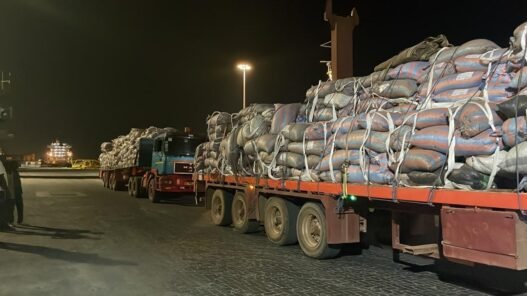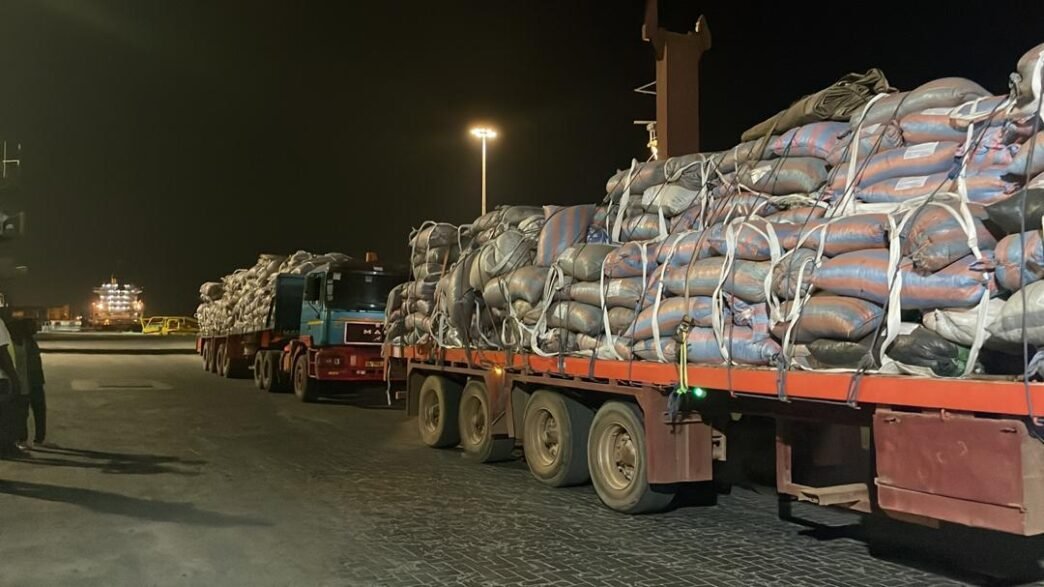Accra, January 2025 – The Ghana Statistical Service (GSS) has revealed that the high cost of transportation is a major contributor to food inflation, which pushed the country’s inflation rate above 20% in 2024. The impact is particularly felt in the costs associated with moving foodstuffs such as yam and cassava from farms to markets, disproportionately affecting consumers.
Speaking at a workshop to review the 2024 Consumer Price Index (CPI) variables, GSS Data Scientist Simon Tichutab highlighted that fuel prices and public transport fares frequently topped the list of inflation drivers.
“Fuel, bus, and trotro fares ranked about 70 times in the top fifteen factors among the 72 data points we analyzed. This has a direct impact on food prices, especially unprocessed foods like yam and fresh tomatoes,” he stated.
A Call for Policy Intervention
Mr. Tichutab stressed the need for a multi-stakeholder approach to address the transport-related challenges affecting food prices.
“It is a multifaceted challenge. To tackle inflation effectively, we must prioritize our food basket and address the inflationary trends linked to it,” he said.
He pointed to a consistent pattern over the years, where rising transport costs significantly influence household expenditures.
“Every year, bus and trotro fares feature prominently as inflation drivers. Bridging the gap between farmgate prices and market prices requires collaborative policy action,” he added.
Stakeholder Engagement on Inflation Drivers
The disclosure was made during a stakeholder engagement organized by the GSS to analyze inflation trends and identify key drivers. The meeting brought together government officials, the media, and other stakeholders to foster dialogue on consumer price inflation and explore strategies to address the issue.
Key findings from the engagement include:
- Transportation costs consistently account for a significant portion of inflationary pressure.
- Items with the highest price changes represent nearly one-third of average household expenditures.
- Collaborative efforts are needed to streamline food supply chains and reduce the burden of transportation costs on consumers.
Proposed Solutions
Stakeholders called for innovative measures to reduce food inflation, including:
- Subsidizing transport for food supply chains – to lower costs for farmers and traders.
- Improving infrastructure – better road networks to facilitate easier movement of goods.
- Supporting localized markets – reducing the need for long-distance transportation by promoting regional trade.
By addressing these issues, the GSS hopes to develop more sustainable approaches to managing inflation and easing the financial burden on households.





















